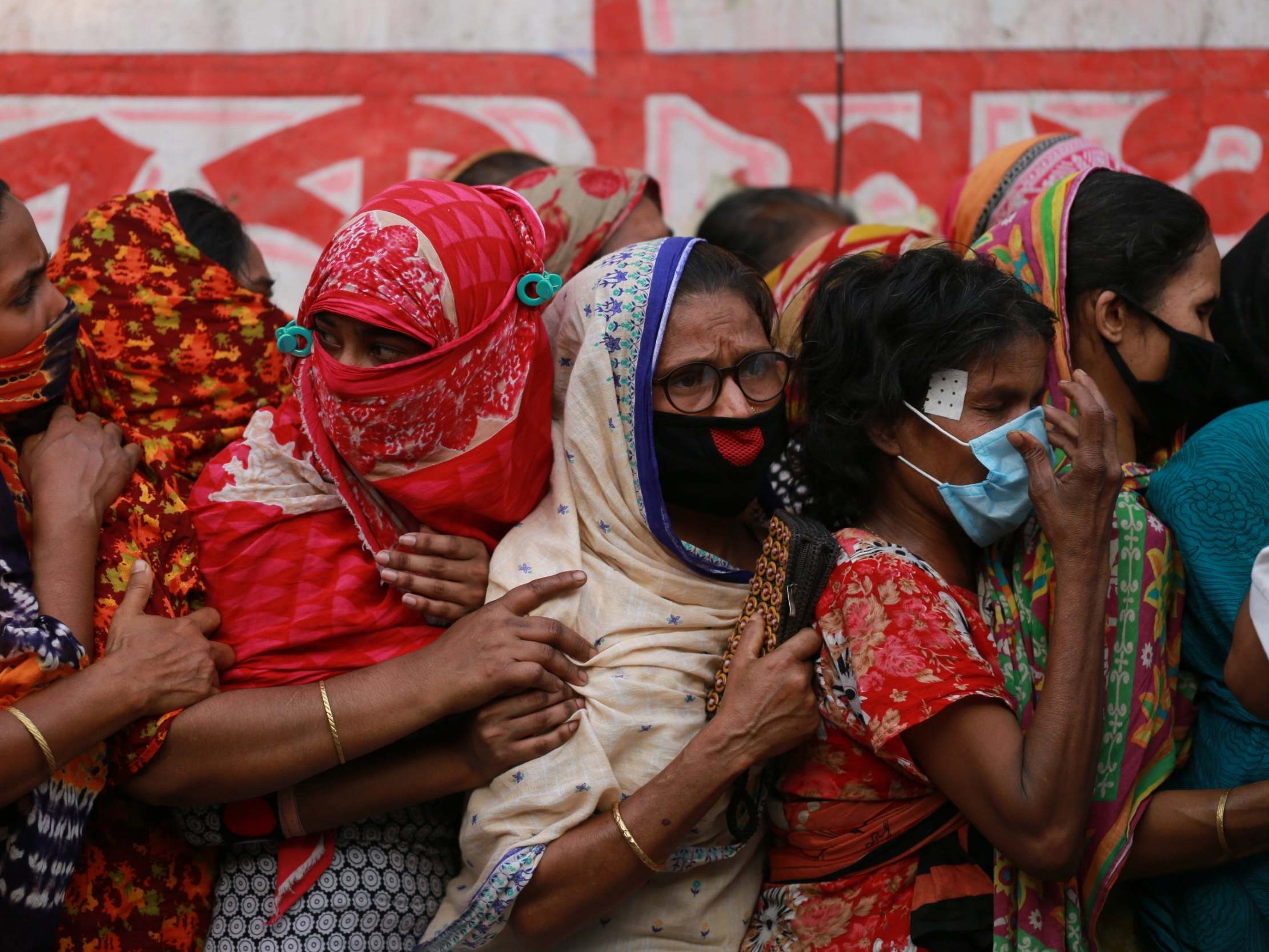We are not yet at the peak of the coronavirus epidemic, and Britain seems still to be badly prepared for what’s been called the “tsunami” of cases heading for the wards.
Unsatisfactory as that situation is, it is nothing compared to what faces the great majority of the world’s population in the emerging and developing worlds. In poor countries the death toll is bound to be higher, and yet little seems to be being done internationally to support those far more vulnerable than virtually anyone in the west. They are virtually defenceless.
Bangladesh, for example, is a small, densely populated nation of about 165 million souls, more than double that of the UK. While urgent questions are asked about why there are only about 12,000 ventilators available to the NHS, that figure stands in stark contrast to the 1,300 in the Bangladeshi system, of which only a few hundred are in the public sector. A similar disparity in areas of equipment and staffing, though not the dedication of health professionals, may be assumed. Even in normal times, countries such as Bangladesh find caring for their people difficult. Coronavirus will yield many more fatalities, in absolute and relative terms, than will be suffered in the prosperous west.
Endemic weaknesses in public health – poor sanitation, few facilities for the masses, fake traditional medicine – are being exacerbated in some places by officials in denial. The rallying call of President Bolsonaro of Brazil? “We’ll all die one day.” Turkmenistan’s main policy response is to ban the use of the word “coronavirus”. China, despite encouraging progress after a hardline lockdown, is reportedly reopening its “wet markets”, whence the coronavirus probably jumped the species barrier to humans. It seems perfectly possible that another, perhaps even more deadly virus will one day emanate from a bushmeat stall in some poverty-stricken corner of our overcrowded world.
It is a dispiriting prospect, and one with little short-term hope of rapid improvement. If the most powerful nation on Earth – America – is unable to get its hands on chemicals, protective gear and ventilators, how will most of sub-Saharan Africa fare? How and where will remote Pacific islands or the tiny statelets of the Caribbean move their sick citizens for treatment? The economies and public finances of these countries are also less resilient than those in the rich west.
Coronavirus, as is often remarked, does not discriminate. Yet most of its victims will be poor. Pressured as they are, the richest countries in the world must start planning now to assist the poorest as the pandemic spreads. Forums such as the G7, G20, the UN and the World Health Organisation should be where the planning takes place, but individual nations and NGOs can take their own initiatives. As we know all too well in the west, there are lessons to be learnt and shared, and the sooner we act the better.

Join our commenting forum
Join thought-provoking conversations, follow other Independent readers and see their replies
Comments